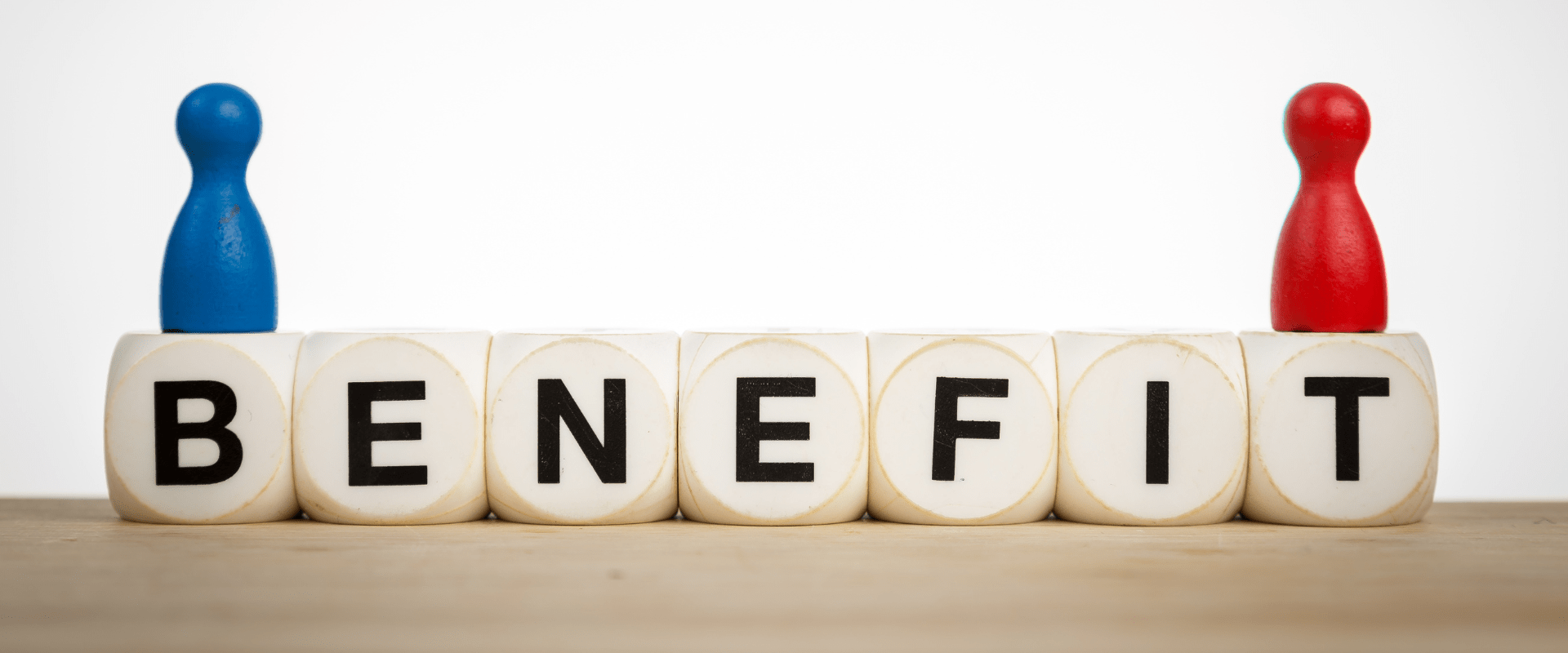What CARES Act Loans Mean for Small Businesses
In part one of our CARES Act series, we discussed the CARES Act, and what businesses qualify to receive government funding. We provided an overview of the Paycheck Protection Program section of the CARES Act, as well as employee retention credits. In addition to these topics, we outlined the resources available for financial institutions, restaurants, churches, nonprofit organizations, and public health entities.
In part two of our CARES Act series, we will provide further information on coronavirus aid relief for businesses. Specifically, we will discuss business emergency grants and relief for existing loans.
Emergency Grants, Disaster Loans, & Existing Loan Relief
Paycheck Protection Program (PPP) Loans
Emergency Economic Injury Grant
These grants provide an emergency advance of up to $10,000 to small businesses and most private nonprofits harmed by COVID-19. The Emergency Economic Injury Grants are available from January 31, 2020 – December 31, 2020.
To access the Emergency Economic Injury Grant, you must first apply for an Economic Injury Disaster Loan (EIDL). Once you have applied for an EIDL, you can request an advance, which is to be paid out to your business within three days of applying for an SBA Economic Injury Disaster Loan. The advance does not need to be repaid under any circumstances. The advance may be used for the following:
- Keeping employees on the payroll
- Paying for sick leave
- Meeting increased production costs due to supply chain disruptions
- Paying for business obligations, including debts, rent, and mortgage payments
Economic Injury Disaster Loans
Economic Injury Disaster Loans (EIDLs) are lower-interest loans of up to $2 million, with principal and interest deferment available for up to four years. These are aimed at providing businesses with relief and economic security. EIDLs are available to pay for expenses, like payroll and operations, that could have been paid for, had COVID-19 not occurred.
Who is Eligible for an Economic Injury Disaster Loan or Emergency Economic Injury Grant?
The following types of employers who have been in business since January 31, 2020, with 500 employees or less are eligible:
- Agricultural Cooperatives meeting SBA size standards
- Cooperatives and employee-owned businesses
- Independent contractors
- Private nonprofit organizations meeting SBA size standards
- Sole proprietorships, with or without employees
- Tribal small businesses
How to Apply for an Economic Injury Disaster Loan
- Applicants need to show they have suffered working capital losses due to the coronavirus disaster.
- Applicants don’t need to produce any bank documentation for their application. The SBA will do an internal test to determine eligibility.
- 95% of the loans previously issued have been for $500,000 or less but can go up to $2 million. The SBA will determine the loan amount.
- Loans up to $2 million are to be repaid over 30 years at a 3.75% fixed rate. Payments are deferred over the first 12 months.
- To qualify as a small business, you must meet SBA size standards.
- Loans greater than $25,000 require collateral.
Can I Apply for an EIDL, an Emergency Grant, and a Paycheck Protection Program Loan?
Yes, you can apply for and receive an Emergency Grant, an Economic Injury Disaster Loan, and a Paycheck Protection Program Loan. You have to receive either your EIDL or Emergency Grant between January 31, 2020, and June 30, 2020.
If you receive a Paycheck Protection Loan or refinance an Economic Injury Disaster Loan into a PPP loan, any advance amount received under the Emergency Economic Injury Grant Program would be subtracted from the amount forgiven in the PPP. The stipulation is your Economic Injury Disaster Loan can’t be used for the same expenses as your PPP Loan. For more information on Coronavirus Emergency Loans, download the U.S. Chamber of Commerce’s Small Business Guide and Checklist.
Small Business Debt Relief Program
This program will provide immediate relief to small businesses with non-disaster Small Business Administration loans. The SBA loans eligible for debt relief under this program are 7(a) loans not issued under the Paycheck Protection Program (PPP), 504 loans, and microloans. Economic Injury Disaster loans are also not eligible.
Under this program, the Small Business Administration will cover all loan payments on SBA loans. This includes principal, interest, and fees for six months. This relief will also be available to new borrowers who take out loans from March 27, 2020 – September 27, 2020.
What Types of SBA Loans Are Available?
While the SBA is no longer accepting new applications for COVID-19 relief loans and grants, they continue to offer PPP loan forgiveness. For more information on how to access these financial resources, visit the Small Business Association’s COVID-19 Relief Options page.
Applying for Loans Vs. Delay of Employer Social Security Taxes
As we mentioned in our previous article, employers also have the option to defer paying the employer portion of Social Security taxes through the end of 2020. If your company is receiving or planning to receive a loan(s) under the Small Business Act and such loans may be forgiven under Section 1106 of the CARES Act, then your company is NOT eligible for this relief. It’s important to consult with a tax professional or financial advisor to determine which course of action is best for your company.
How APS Can Help
While we are providing information frequently, we are unable to advise on these topics. We encourage you to follow the IRS Coronavirus Tax Relief page and the SBA Coronavirus Loan Resources page, as well as consult with your tax professional or financial advisor.
APS is working diligently to ensure our payroll and HR platform is able to accommodate changes as a result of the CARES Act and the Families First Coronavirus Response Act (FFCRA). This includes:
- Additional income items to track and manage employee leave associated with COVID-19.
- CARES Act Paycheck Protection Program export that provides data to assist in the calculation of the PPP loan amount.
We are continuing to work on additional system developments to help businesses during this uncertain time.
SOURCES
SBA Coronavirus Loan Resources
The Small Business Owner’s Guide to the CARES Act
The CARES Act Has Passed. Here Are the Highlights





